In the canine world, a diverse array of breeds comes with an equally varied range of appetites. While some dogs are known for their picky eating habits, others seem to possess bottomless bellies, always on the lookout for their next meal. These voracious eaters often leave their owners in awe (and occasionally in despair) with their ability to consume food as if they’re entering a never-ending eating competition. Whether driven by genetics, a high-energy lifestyle, or simply a love for food, these breeds can make mealtime quite the adventure. Managing their diet becomes a critical aspect of their care to prevent obesity and related health issues. This article explores 10 dog breeds renowned for their insatiable appetites, shedding light on their eating habits and how to ensure they remain healthy despite their love for food.
1. Labrador Retriever
Labrador Retrievers are well-loved for their friendly nature, but they’re also notorious for their insatiable appetites. Labs will often eat whatever food they can find, whether it’s in their bowl or not. Their voracious eating is partly due to their genetics, as many Labs lack a gene that helps regulate hunger, making them feel perpetually hungry. Owners need to carefully monitor their food intake and provide plenty of exercises to keep their Lab at a healthy weight.
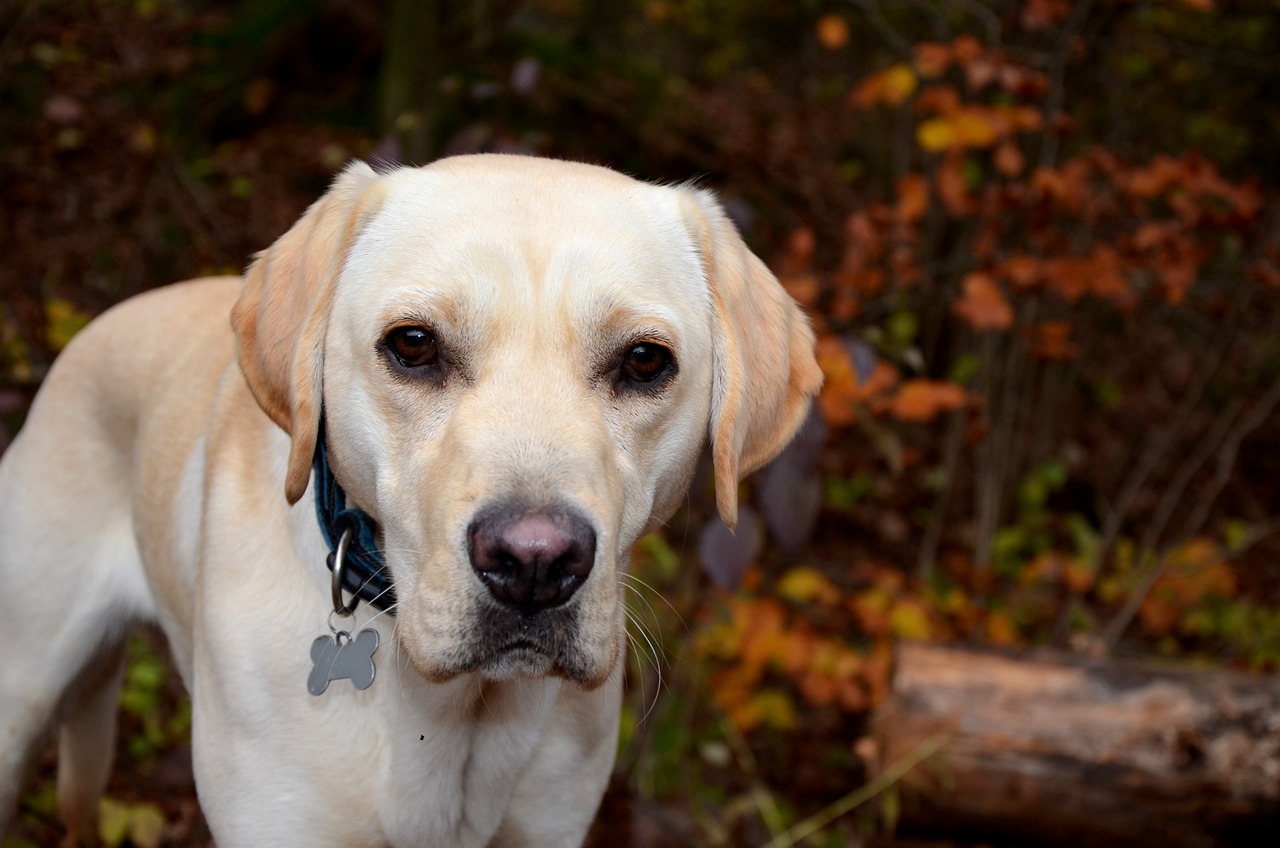
2. Beagle
Beagles, with their keen sense of smell, are natural food detectives, able to sniff out even the most cleverly hidden snacks. This breed is known for its persistent pursuit of food, leading to inventive and sometimes mischievous methods of finding more. Because of their strong food drive, Beagles are prone to overeating and obesity, requiring owners to be vigilant about portion control and secure food storage.
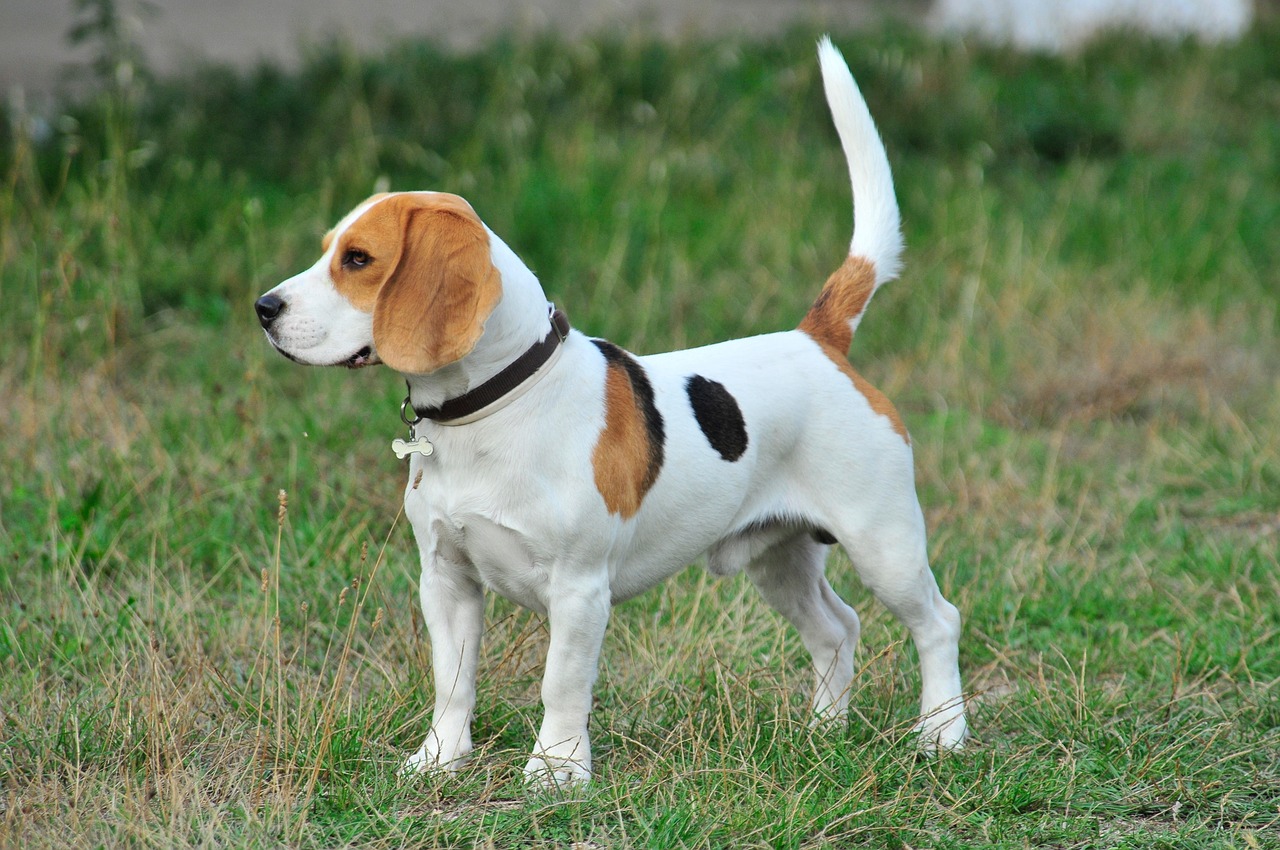
3. Golden Retriever
Golden Retrievers are not just friendly and loyal; they also have a hearty appetite to match their size. They can be quite persuasive in convincing their owners to give them extra treats or portions, using their charm and expressive eyes. Like Labs, Goldens need their diet and exercise carefully managed to prevent weight gain, as they can be prone to obesity and its associated health risks.
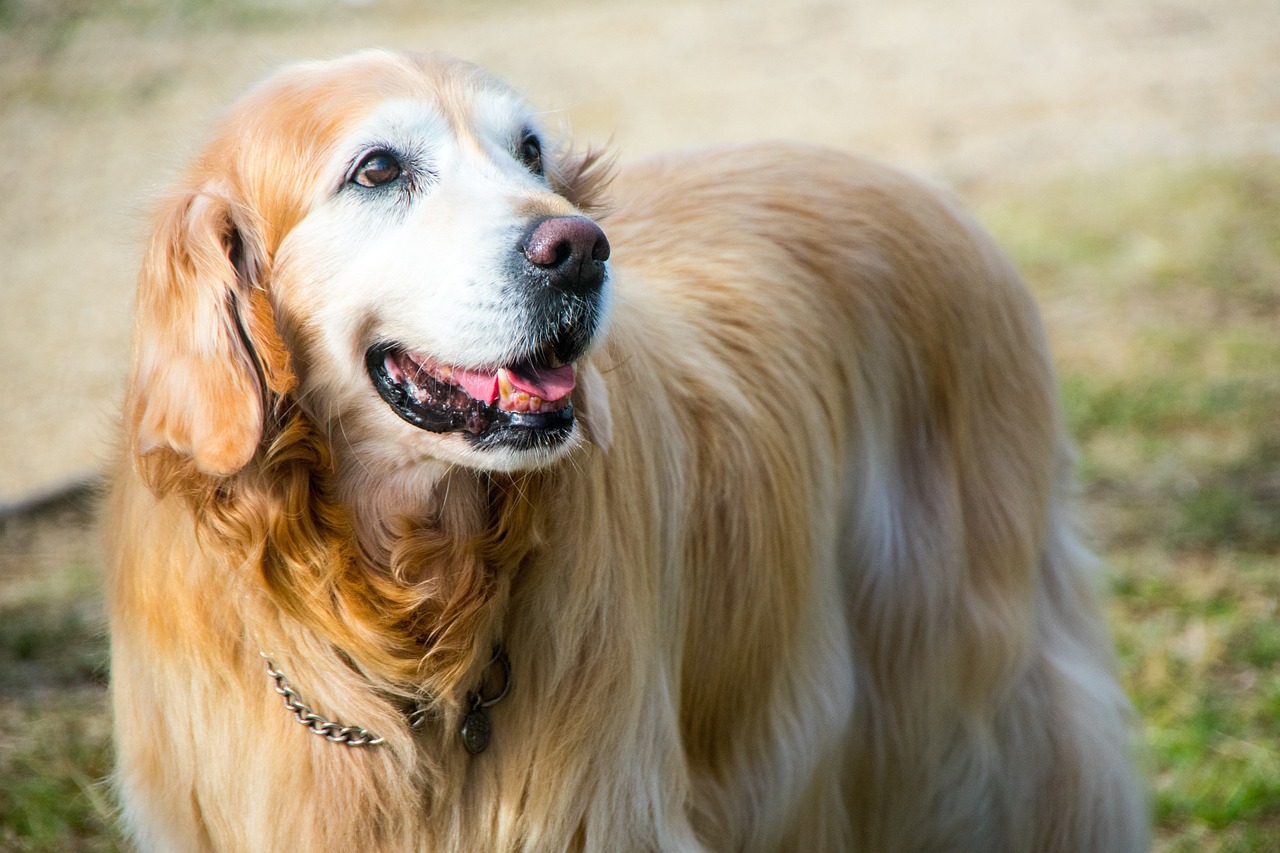
4. Dachshund
Despite their small size, Dachshunds have a large appetite, often eating more than their fair share if allowed. Their long bodies make them susceptible to obesity and back problems, making it crucial to monitor their food intake. Dachshunds will take advantage of any opportunity to eat, requiring owners to be mindful of leaving food within reach.
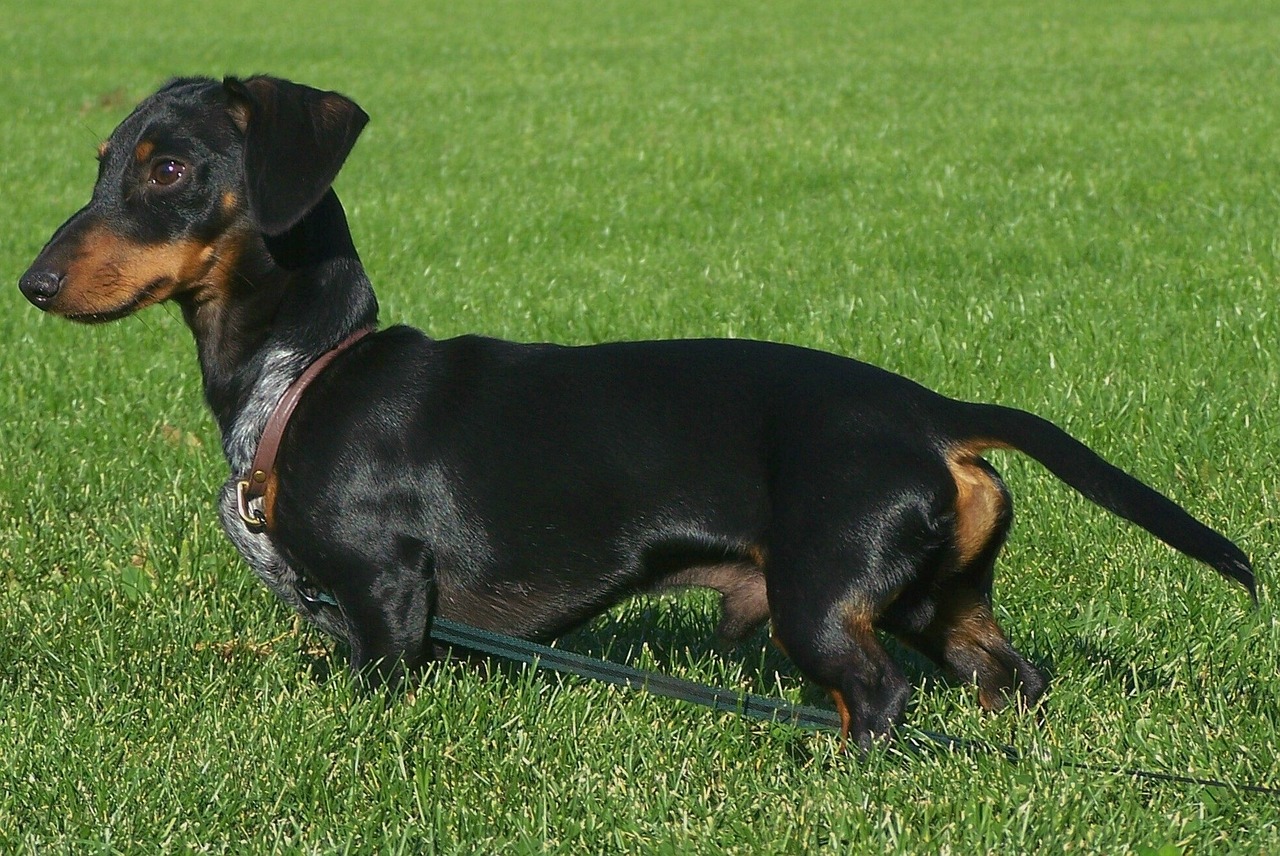
5. Bulldog
Bulldogs are known for their laid-back personality, but when it comes to food, they’re surprisingly enthusiastic. They tend to eat quickly, which can lead to digestion issues and obesity. Bulldogs’ appetites require careful management, including the use of slow-feed bowls to help them eat more slowly and digest their food better.
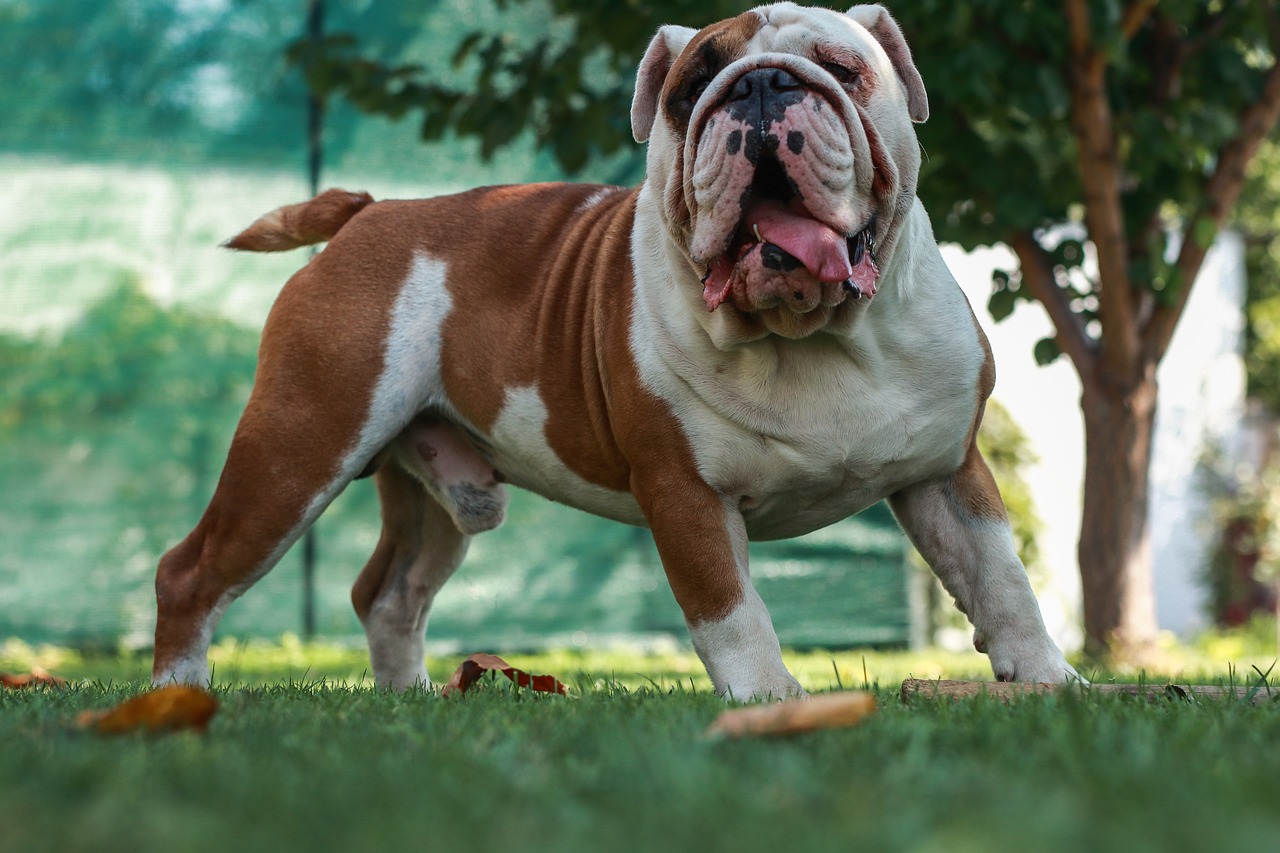
6. Pug
Pugs are charming little dogs with big personalities and even bigger appetites. They love to eat and will often beg for food with their irresistible, expressive faces. Due to their compact size and tendency for weight gain, Pugs require carefully measured meals and limited treats. Regular exercise is also necessary to keep them in shape.
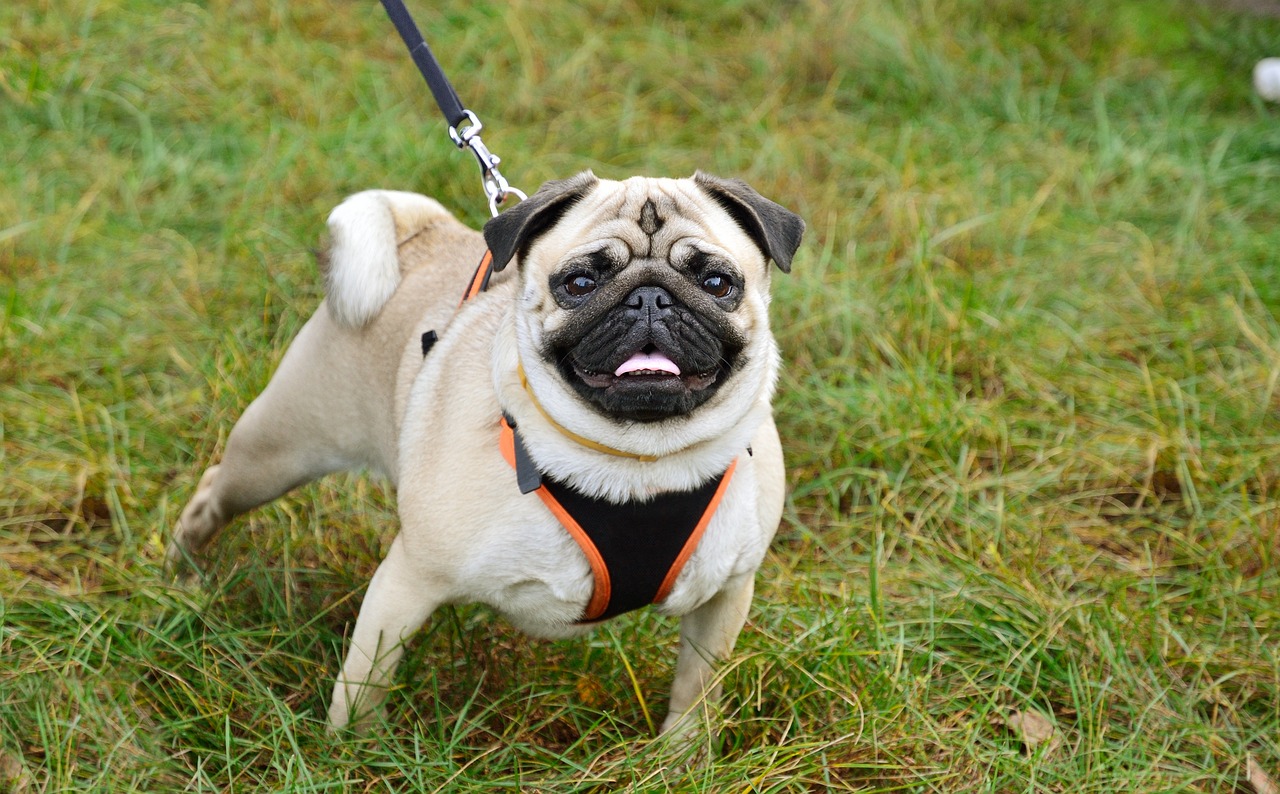
7. Boxer
Boxers are high-energy dogs that bring enthusiasm to everything they do, including eating. They have a strong appetite and can consume large amounts of food quickly if allowed. While they burn a lot of energy through play and exercise, portion control is still important to prevent obesity. Boxers benefit from a balanced diet that supports their active lifestyle.
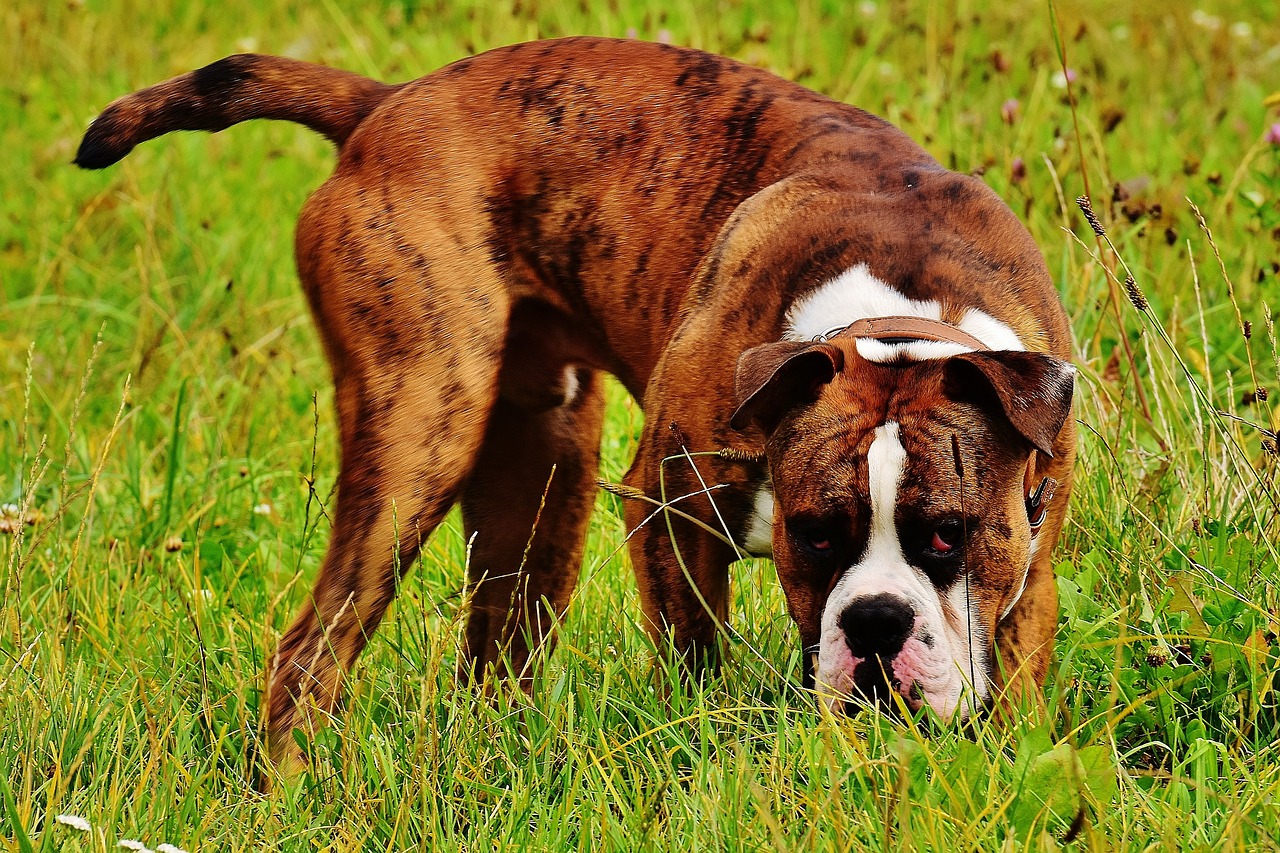
8. Rottweiler
Rottweilers are powerful dogs with a serious appetite to match. They require a diet that supports their muscular build and energy levels but are prone to overeating if given the chance. Proper meal planning and avoiding excessive treats can help maintain a healthy weight, ensuring longevity and overall health.
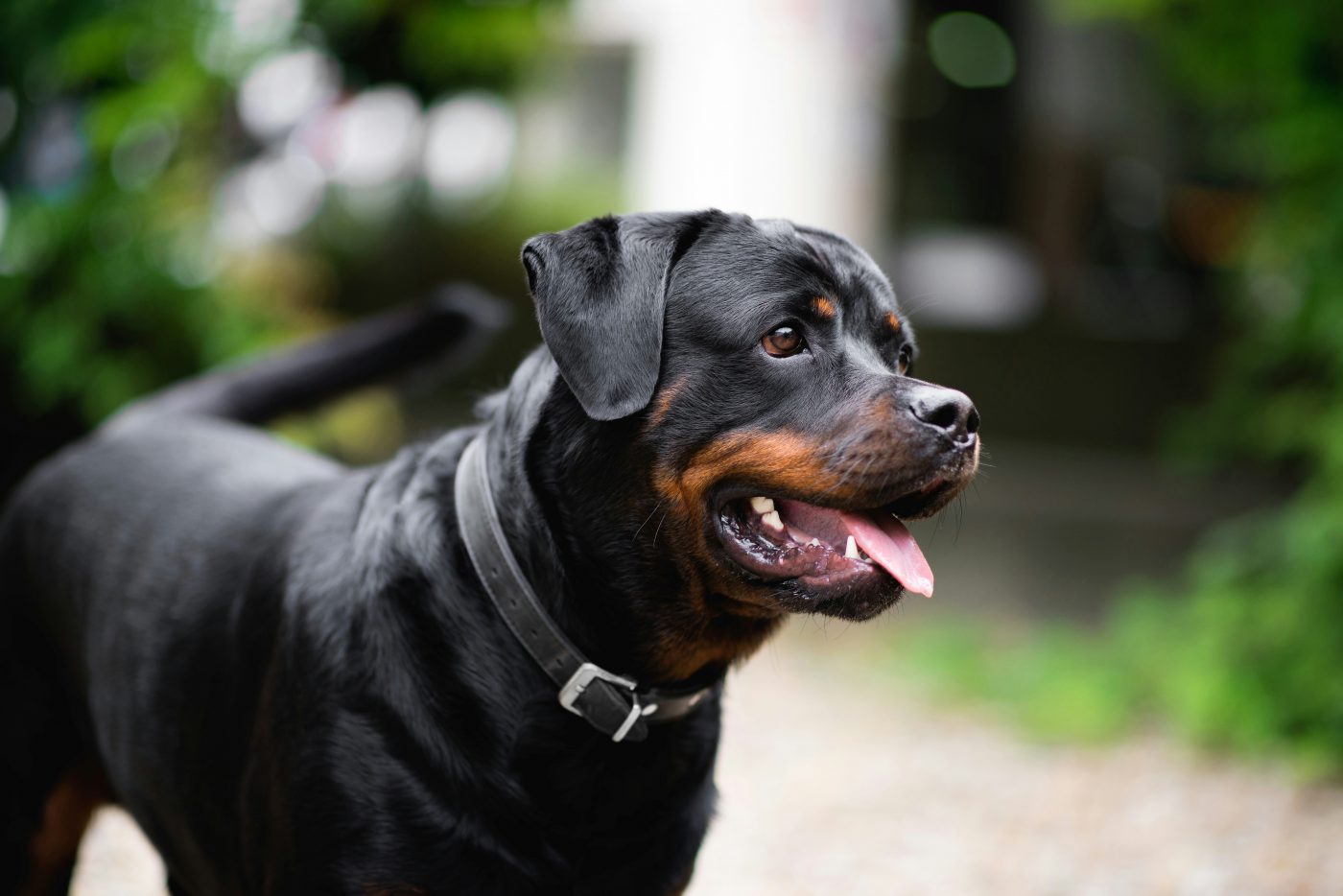
9. Cocker Spaniel
Cocker Spaniels, with their sweet and gentle nature, are also known to have a hearty appetite. They enjoy their food and can become overweight if their diet isn’t managed properly. Cocker Spaniels benefit from regular, portion-controlled meals and plenty of exercises to keep them fit and healthy.

10. Basset Hound
Basset Hounds, with their distinctive droopy eyes and long ears, are gentle dogs with a strong penchant for food. Their slow metabolism and laid-back nature make them particularly susceptible to weight gain. Basset Hounds will happily continue eating as long as food is available, so it’s crucial to strictly manage their diet and ensure they get enough exercise.
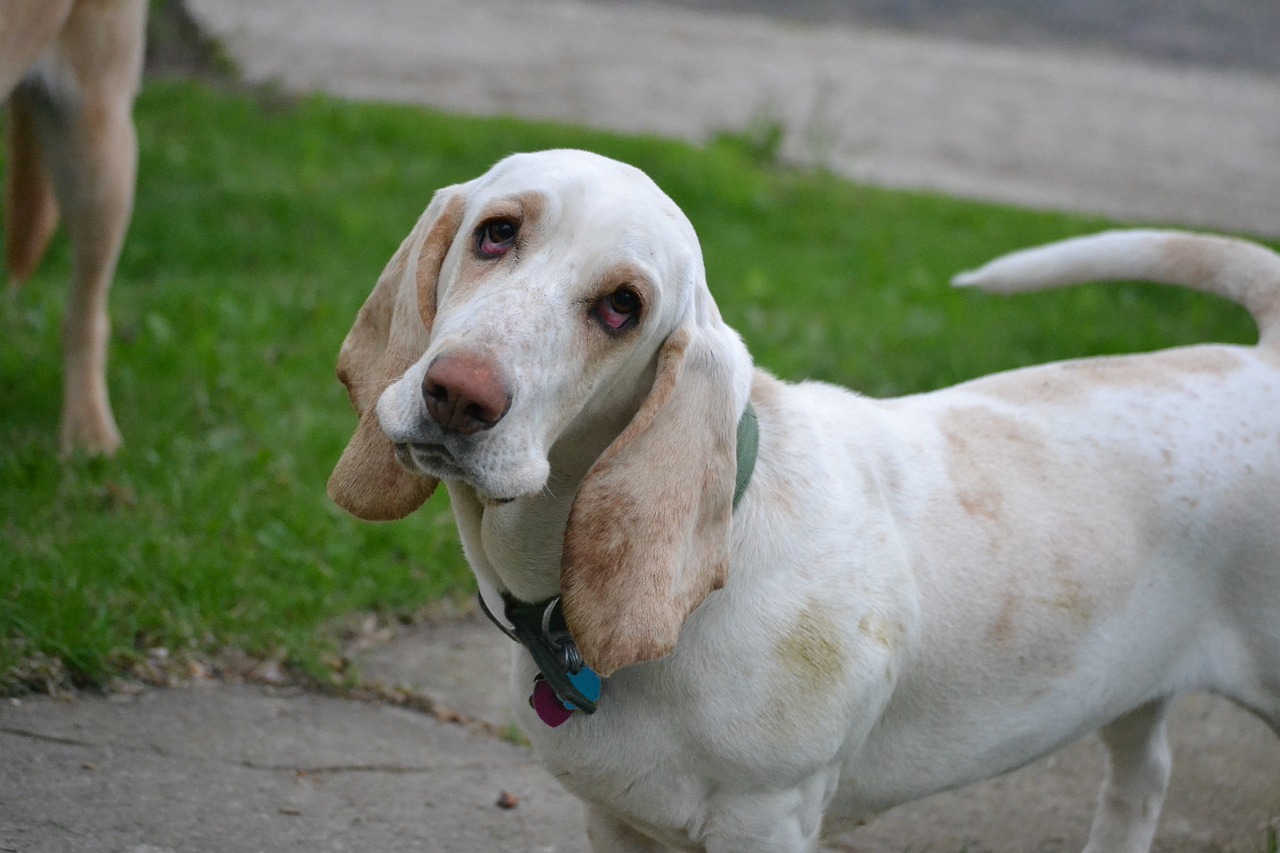
These 10 breeds, with their boundless love for food, remind us of the importance of managing our pets’ diets to ensure they live long, healthy, and happy lives. While their enthusiasm for mealtime can be endearing, it’s up to their human companions to ensure that this zest for eating doesn’t lead to health problems down the line.
 Toledo, United States.
Toledo, United States.